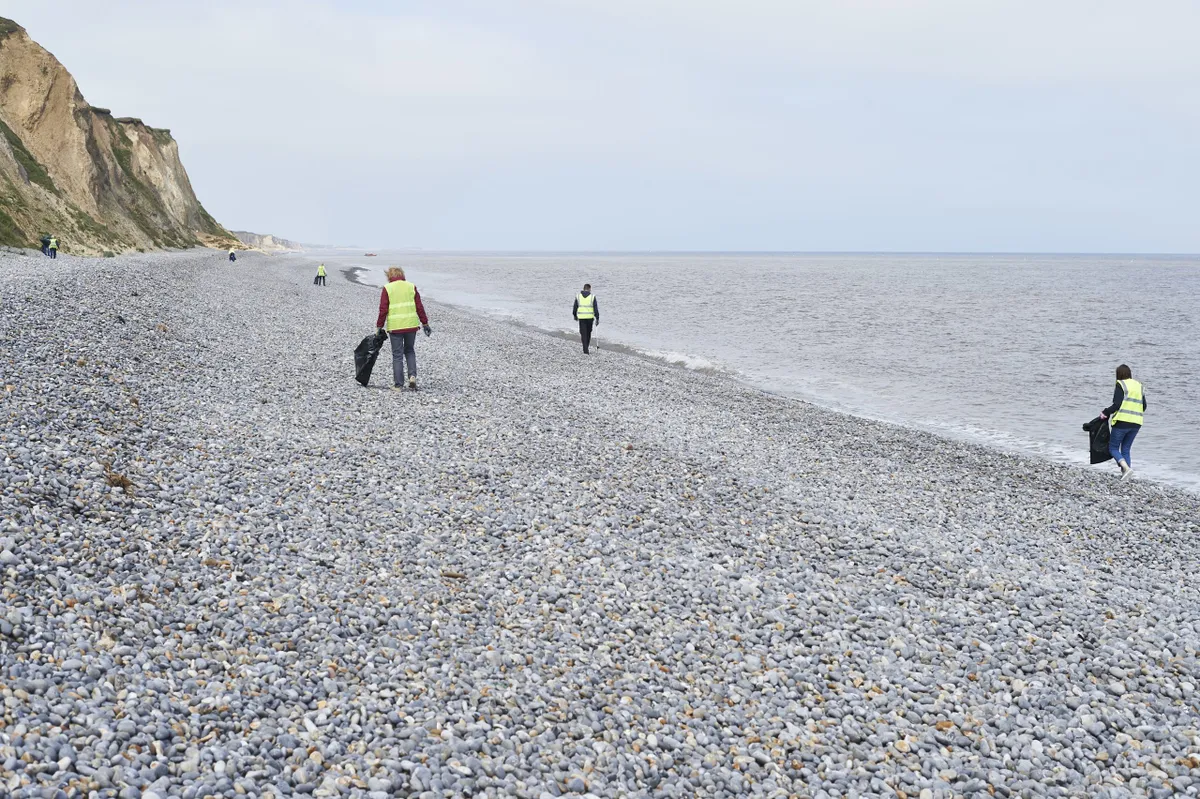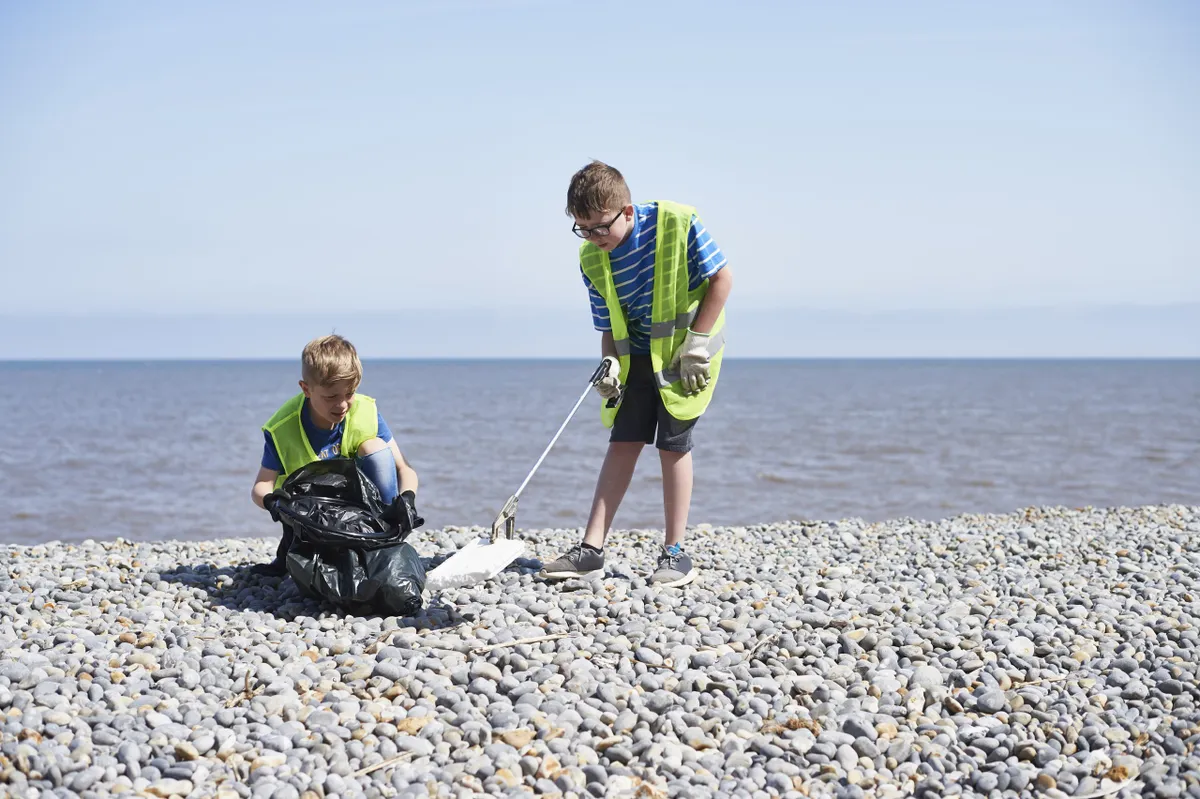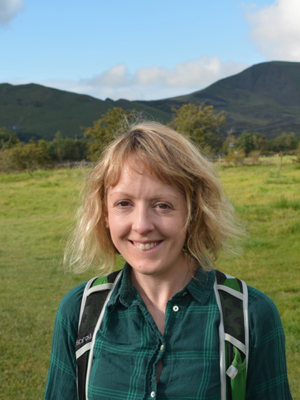The annual Great British Beach Clean and citizen science project organised by the Marine Conservation Society takes place between 18 – 25th September 2020.
As part of this year's campaign, the conservation group is asking even more people to take action locally in 2020. Rather than encouraging volunteers to find a beach clean happening near them, the Marine Conservation Society is calling on individuals to adopt a 100m stretch of beach and organise their own beach cleans, with smaller groups of friends, family and ‘bubbles’, in line with government guidance.
More related content:
- New River Thames pollution data finds majority of litter found is single-use
- Britain’s growing litter problem: why is it so bad and how to take action
- Plastic pollution in the UK: what’s the problem and how to reduce your use of plastics
- 11 tonnes of litter removed from British beaches in a single weekend
New for 2020, volunteers will be asked to record how much personal protective equipment (PPE) they find on the UK’s beaches, including gloves and masks. This information will be used to show how prolific PPE has become and the danger it poses to the marine environment and wildlife.

Lizzie Prior, Beachwatch Officer at the Marine Conservation Society said: “As more of us are looking to stay local this summer and head to the UK’s beaches, it’s even more important that we all take ownership of keeping them beautiful for everyone. We’d love to see more people than ever before signing up to organise their own beach clean. The more organisers we have, the more beach cleans we can run throughout the week and the more data we’ll have to push for policy which will reduce ocean pollution in the future.”
According to the Marine Conservation Society (MCS), nearly 11,000 people helped collect more than 500 items of litter per 100m of beach in 2019.
First launched in 1994, data collected by Great British Beach Clean volunteers has played a key role in the introduction of the 5p single-use carrier bag charge, the ban on microbeads in personal cleaning products like shower gels and toothpastes, the commitment to a Deposit Return Scheme in Scotland (and the consultation on one in England and Wales), and a ban on plastic straws, stirrers and cotton buds in England from next year.

Dr Laura Foster, Head of Clean Seas at the Marine Conservation Society, said: “Single use plastic has been used increasingly during the pandemic, but we need to ensure this is not a permanent backwards step. At the same time, we’ve seen people spending more time outdoors and enjoying our beaches.
"We’re calling on the government for a truly green recovery, fit for a low carbon future. All-inclusive Deposit Return Schemes and an Extended Producer Responsibility system would make huge impacts on the volume of litter we see in the ocean, in our parks and across beaches. We need systematic change and ambitious policy to truly curb the litter polluting our ocean and environment.”
How to take part in the Great British Beach Clean
If you would like to participate in the Great British Beach Clean (18th-25th September 2020), visit: mcsuk.org/beachwatch
